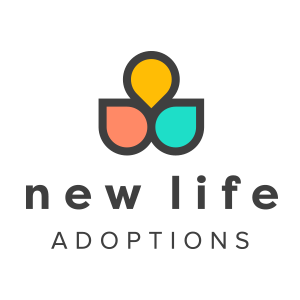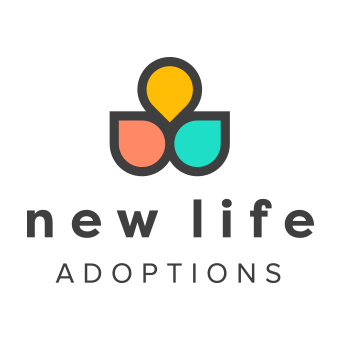There are many reasons why expectant parents may shy away from considering adoption. Myths about adoption, fear of the unknown, stigma, and grief and loss are all factors that may feel discouraging. However, none of those need to be the deciding factor in a pregnancy decision.
The Grieving Process is a Reality
While there is grief and loss involved for every party of adoption, there is also support along the way. During the adoption planning process, it is important to recognize that there will be grief. This is the time to think through healthy ways to cope.
‘Even with a supernatural peace that this was the right decision for us, the grieving process was still a reality.’
In her book, The Sixteenth Year, Leah Outten shares her adoption story. She states that when she was thirty-eight weeks pregnant, “… supernatural peace continued to strengthen me, carry me moment by moment towards the redemption of our story.” What a beautiful picture of God drawing her close to Him when she needed Him most. She goes on to say, “Still, we (her and her adoption worker) discussed coping tactics for grief, both for now and after birth. Even with a supernatural peace that this was the right decision for us, the grieving process was still a reality. She encouraged me to keep getting my feelings out in healthy ways and not stuff them down.”
Find What Works for You
Working through grief, processing emotions, and self-care look different for everyone. Outten shares, “Writing and prayer became my biggest pressure release, often at the same time in a prayer journal.” She found the best way to work through grief for her. In the moment, it can be difficult to think of ways to care for yourself and to process the emotions that you may be feeling. As part of the adoption planning process, our social workers help each expectant parent make a self-care plan that they can follow starting in pregnancy and continuing after birth and placement.
Working through grief, processing emotions, and self-care look different for everyone.
Ongoing Grief Counseling
We also encourage all birth parents to continue to meet with their social worker after placement for ongoing grief counseling. There may be multiple reasons why someone may choose not to continue meeting and working through their grief. It may feel too difficult, it may feel like a reminder of the loss, it may feel easier to ignore the grief. However, those who work through their grief can move to a place of hope and healing sooner in their journey. While grief never goes away, it will lessen in its intensity over time when it is handled in a healthy manner. Grief is a normal, and healthy, response to any loss. Taking time to process that grief can help us find meaning in the situation. This in turn can lead to more peace and healing.
Outten, L. (2023). The Sixteenth Year. United States of America: Kingdom Winds Publishing




